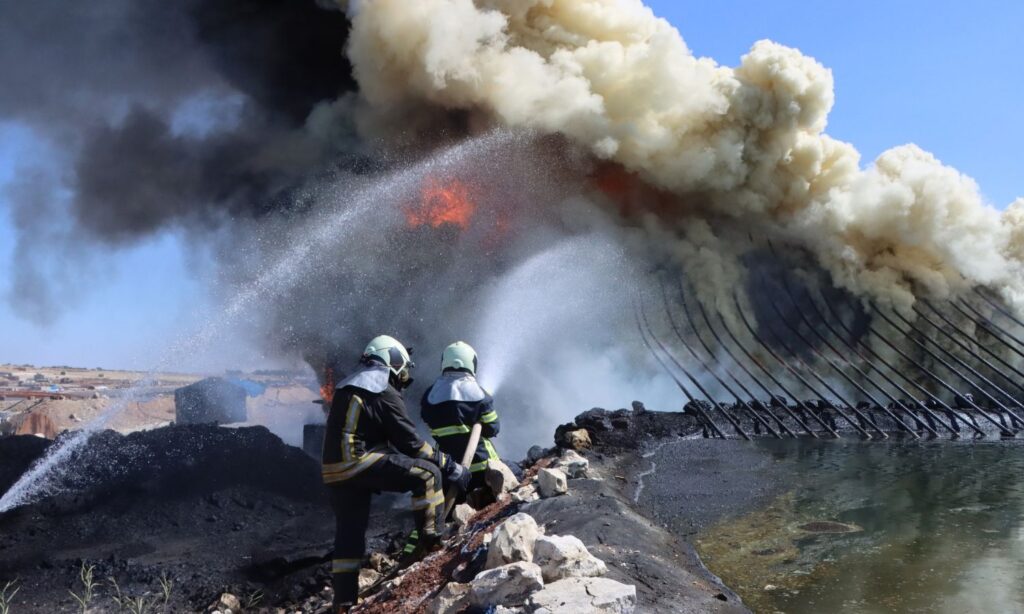At least 130 humanitarian workers have been killed due to “hostile actions” in northwestern Syria since 2014.
The statistics were published by the United Nations Office for the Coordination of Humanitarian Affairs (OCHA), coinciding with World Humanitarian Day, which is observed on August 19 each year.
OCHA mentioned that the earthquake on February 6, 2023, which struck Turkey and Syria, led to the death of more than 100 aid workers providing cross-border assistance.
The Syria Civil Defence (White Helmets) reported losing 310 of its volunteers over the past years, most of them victims of attacks by the Syrian regime and Russia while performing their humanitarian duties.
World Humanitarian Day is celebrated annually on August 19 to honor humanitarian workers in various countries.
The bombing of the United Nations headquarters in Iraq in 2003, which resulted in the death of 22 humanitarian workers, changed the perspective on how humanitarian workers are viewed from being respected to being targeted.
This bombing incident led to the establishment of World Humanitarian Day by the United Nations in 2008.
The OCHA report today stated that 2023 has been the deadliest year ever for humanitarian workers worldwide, with expectations that 2024 will be worse.
Increasing needs in northwestern Syria
Northwestern Syria is home to 5.1 million people, 4.2 million of whom are in need of assistance. Among them, 3.3 million suffer from food insecurity, 3.5 million are internally displaced, and 2 million live in camps. Additionally, there are 1 million children out of school, according to the United Nations. Local statistics indicate that the population ranges between 5.5 to 6 million people.
As of the end of July last year, water and sanitation support are unavailable in 660 camps out of 1,500 camps in northwestern Syria, affecting more than 907,000 people, which is 44% of the camps.
By next September, if support does not increase, an additional 192 camps at least will be deprived of water and sanitation support, impacting 250,000 people, according to the United Nations.
Cross-border response continues to face serious funding gaps amid reduced operations, as United Nations agencies and partners have significantly reduced human resources to cut costs, leading to reduced humanitarian activities.

